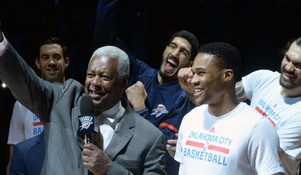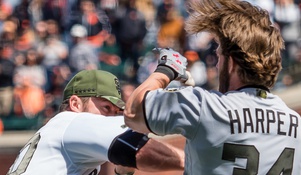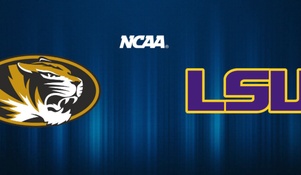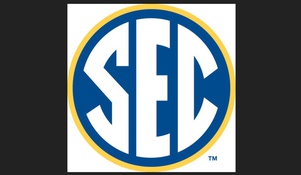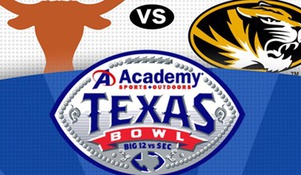Missouri Lawmakers Attempt to Quiet Student-Athletes' Freedom of Speech Shows Need for Union
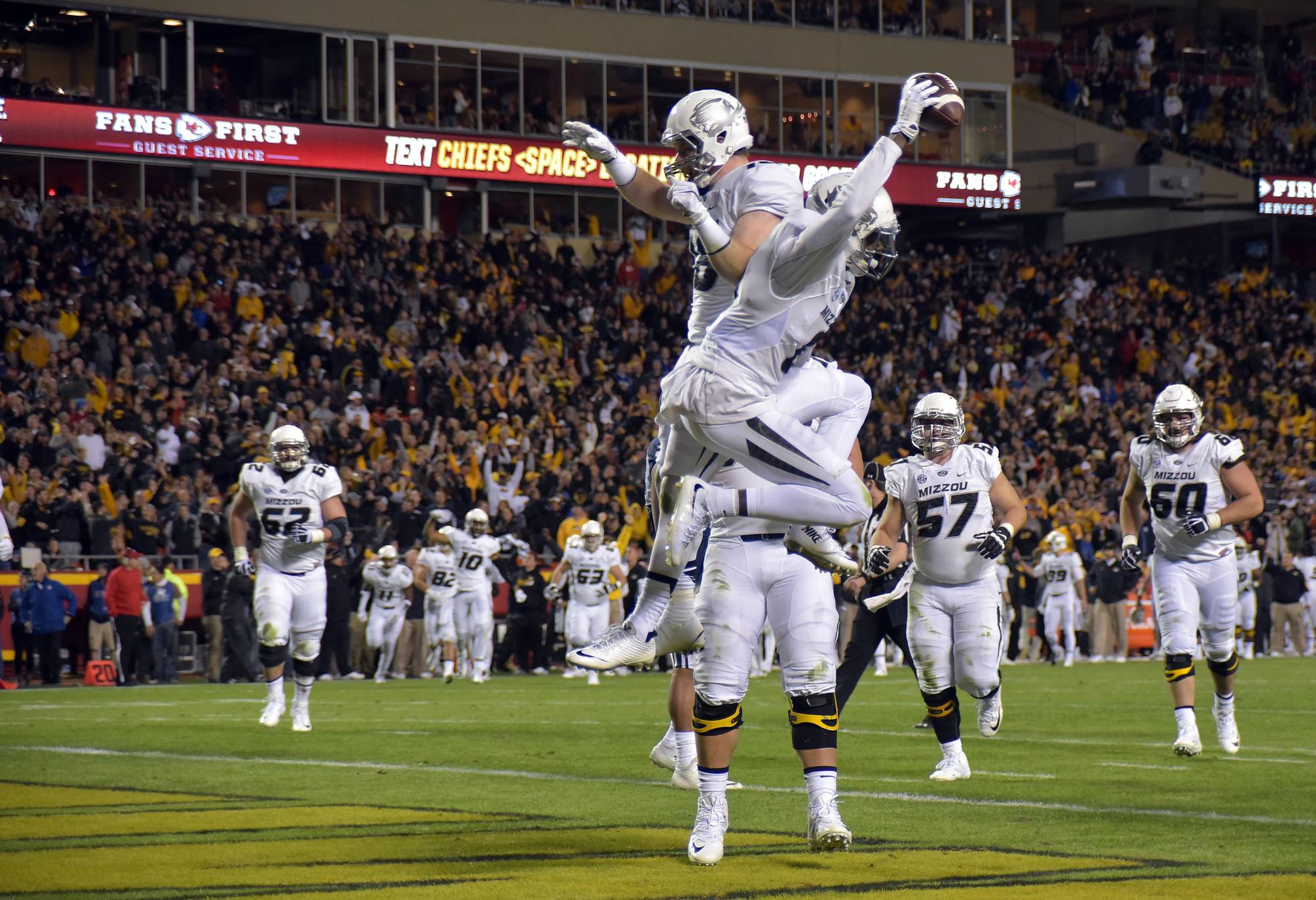
The Missouri state legislature recently proposed a controversial bill that would strip student-athletes of their scholarships if they call for, incite, support or participate in any strike or refuse to participate in a scheduled game.
It is absolutely fair to say that the proposal is a knee-jerk reaction to the University of Missouri Tigers football team having threatened to go on strike over the school administration's handling of a series of racial incidents that occurred on campus throughout the scholastic year, including a feces-drawn Nazi swastika that was found in a dormitory bathroom.
The team’s preemptive refusal to take the field against the Brigham Young University Cougars on November 14th, along with pressure from fellow students and faculty, forced the resignation of university president, Tim Wolfe, and school chancellor, R. Bowen Loftin.
Considering the actions taken by the student-athletes on the Tigers football team, it is hard to deny that the attempt to change the rules on scholarships was triggered as a result of the football squad having flexed their economic muscle. Simply put, the players are the cogs that help run the football machine that brings in millions of dollars in revenue from corporate sponsors such as Nike, Coca-Cola and Papa John's.
Cancellation of the game against BYU would have not only cost the school over a million dollars but it would have also hurt the pockets of the Southeastern Conference (SEC), their broadcasts partners -- such as the SEC Network, Fox Sports, and ESPN; their sponsors; and apparel companies -- all who grow richer and richer every single year at the expense of the student-athletes' work on the field.
It was an unprecedented move by the Missouri football players, leveraging the fact that, without them, there is no football on Saturday.
The Mizzou Family stands as one. We are united. We are behind our players. #ConcernedStudent1950 GP pic.twitter.com/fMHbPPTTKl
— Coach Gary Pinkel (@GaryPinkel) November 8, 2015
Much to the chagrin of the Missouri legislature and school administration, students participating in collegiate athletics are becoming savvier and wiser about their worth in the pecking order of the business of college sports, despite legal obstacles. The "student-athlete" legal status set a precedence that has prevented them from having any voice in such matters as legal use of their likeness, workers’ rights issues, health care issues and market-value compensation greater than a scholarship, three hot meals, and shelter.
The ambiguous term “student-athlete” was coined by Walter Byers', the National Collegiate Athletic Association's (NCAA) first executive director, who openly admitted the term was created to avoid paying workers compensation for student-athletes.
The legality of “student-athlete” status came into play in the case of Kent Waldrep, who sued Texas Christian University (TCU) after he severely injured his neck playing running back for the Horned Frogs in 1974, resulting in not only paralysis but the school rescinding his scholarship, preventing him from finishing his education.
Waldrep sued TCU in 1991, seeking to be labeled an employee of the university, as opposed to a "student-athlete," in order to receive workers compensation, claiming he was recruited to play football and that his scholarship contract was a contract for work, with coaches controlling his schedule and pay.
Byers, on behalf of TCU and the NCAA countered that, "the student-athlete was a term used to try to offset these tendencies for state agencies or other governmental departments to consider a grant-in-aid holder to be an employee," in his court testimony.
The Texas Court of Appeals ended up rejecting Waldrep's claim, in 2000, stating that Waldrep was not an employee because he had not paid taxes on the financial aid that TCU provided for him.
Missouri’s legislative strong-arm tactics to neuter the student-athlete’s economic leverage over the university shows the necessity for an organization that will protect their rights and give them greater voice in addressing their needs within the business of college athletics.
If anything, moves such as the ones taken by the state of Missouri reinvigorate the need for a collegiate players union, much like the one Northwestern University Wildcats football players attempted to form last season.
Students from the Northwestern football team filed a petition with the National Labor Relations Board (NLRB), in 2014, to be declared employees for the purpose of unionizing student-athletes. The NLRB ruled against the Wildcat football players, declining to exercise jurisdiction on the matter on the basis that labor laws only allow them to rule on private sector issues. Currently, only 17 schools out of the 125 colleges and universities that make up the NCAA Division I Football Bowl Subdivision (FBS) are private schools.
“The Board held that asserting jurisdiction over a single team would not promote stability in labor relations across the league,” said the NLRB in a statement.
While the NLRB struck down Northwestern University's attempt to unionize, they have kept the door open should another athletic program is bold enough to try it again.
Considering the great power athletic departments and head coaches already wield over their student-athletes, the Missouri legislature was flat out piling on the Tigers football team. The proposal seemed so vague, making it extremely easy for a student-athlete to lose his scholarship, that it only helped highlight why such a union for student-athletes may be needed.
If universities and state legislatures continue to go down the path of stripping away what little economic advantage the student-athletes have, on top of stomping all over their Constitutional rights, it is just a matter of time before student-athletes show administrators and lawmakers that without them, there is no football on Saturday or revenue to be made off of collegiate sports.
Follow Ed Molina at @GlobalEd718


